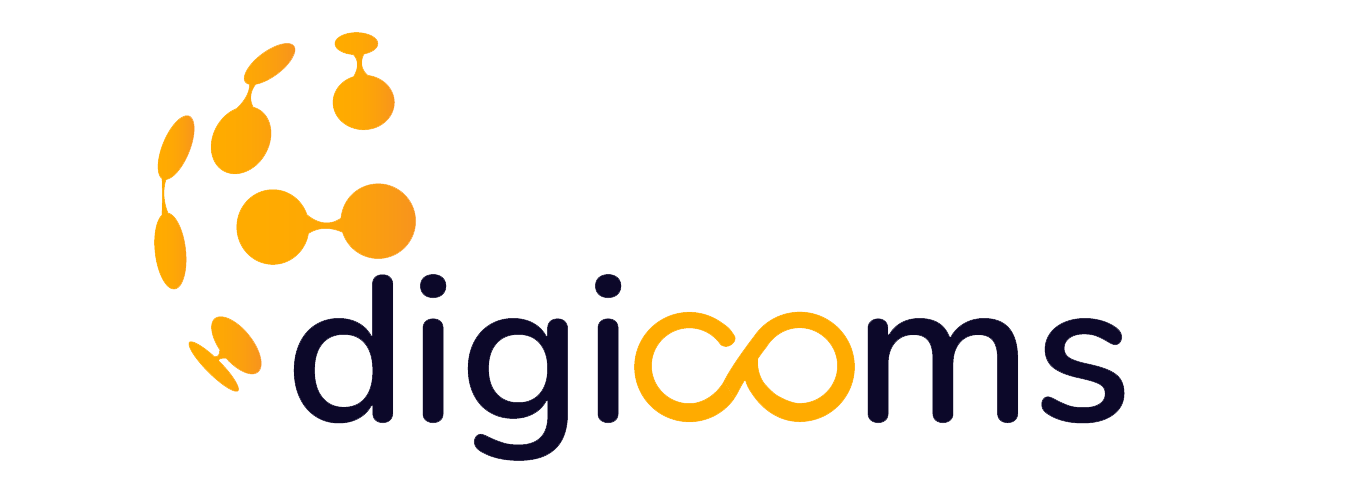What are Portals?
A portal, or web portal as it is more specifically known, is a web-based platform that provides users with a single access point to information from diverse sources. This improves the outlook of your website & makes it easier to provide multiple-faceted services, consequently generating traffic & boosting sales.
Types of Portals
Web portals can help you connect information from a range of sources, enabling the sharing of data between a number of different departments, suppliers & customers. It creates a sort of web, interlinked by the distribution of information.
Portals can be useful for a variety of companies, from multi-location, large-scale brands to those that are home-based. Examples of web portals include sales portals, membership portals, corporate portals, education portals & HR portals, etc.
Essentially, there are two types of portals: horizontal portals & vertical portals.
The key emphasis of the former is to enable users to view aggregated data from a number of applications through a single view experience, removing the need for them to login to multiple primary business applications to access, write or edit data; consequently improving productivity & performance for the user. Alternatively, the primary focus of the latter is on a particular application or business function, enabling users from both inside & outside of the business to view, alter &/or contribute to processes within said application.
Importance of Portals
Portals allow for the transformation of a website into a singular platform linked to multiple forums of information. This not only increases the significance of your website, but helps in more convenient functioning & direction for consumers as well. But that isn’t all; further benefits of web portals include the following:
- Portals offer improved interaction between business & customer; the latter considered to have potential in considering different services of portals, provided they have enough knowledge in the business.
- They help enhance awareness of business growth & the opportunity to recognise the present market trends for further development.
- It aids the simplification of issues related to integration, enabling users to get services with ease.
- Web portals provide the opportunity to offer single sign for a variety of applications, & an integration layer to end-users.
- They offer supports for a variety of portlets, a number of which are typically available to align with business conditions & norms.
- They provide improved personalisation & customisation
- Portals allow for flexible & user-friendly platforms that last forever, helping with the creation of numerous resources that can be accessed easily
- They provide services to a number of diverse domains, allowing for interconnection of information
- Portals enable the rebranding of an existing website, allowing for better interaction with visitors of the web page in an improved platform.
- Web portals can help direct traffic to your website by bringing in visitors, consequently boosting sales & increasing profits
- They bring about an authentic & professional look for the website, helping it to function more efficiently
- Portals can contribute to making a website SEO friendly
Process of Developing Portals
The design & development of portals typically involves four basic steps:
- Planning
Before beginning with any strategy, one must pause & ask a few questions to decide the appropriate features & specific preferences of your portal. These features include push notifications, personalisation, navigation & portal responsiveness. Moreover, with web portals, it is best to consider what the main objectives & purpose of your portal are, who your target demographic is, & what advantage it would be to them. The Digicoms team carries out thorough research into the client’s audience to gauge what they would respond to, & moves forward to the designing & development of portals based on a proper understanding of the client’s brand voice & preference. - Designing
We pride ourselves in placing our client first when it comes to performance satisfaction & determination. Having had discussions on how you would like your web portal to be designed & what outcomes you would expect of it, we lay heavy emphasis on your viewpoints. Keeping the results of the planning phase in mind, we will proceed to design your site to maintain the perfect outlook to generate traffic, & uphold the standard your brand & its audience deserves. - Development
Our team of professional developers will then continue with the development process, bringing to fruition all the points brought forth in the first two phases. A few of the elements of web portals to prioritise include easy to use & user-friendly navigation, the strategic placement of images, adequate UI & UX development, & keeping the content relevant & engaging. - Keeping Tabs
Our assistance doesn’t end there. Having set up the portal for your brand, we will test for the presence of any errors &/or bugs that would need fixing. Plus, we will keep tabs of a number of features of the portal, including but not limited to content, compatibility, responsiveness, user experience, optimisation, functionalities, user interface, etc.
